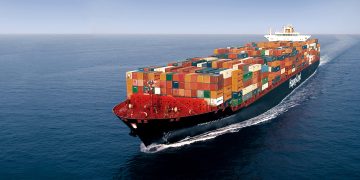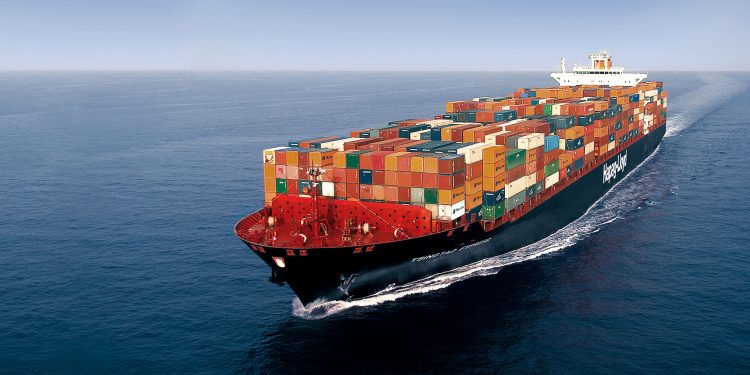#AgriculturalExports #SeaProtocols #FreshProduceExports #AgriculturalInnovation #GlobalCompetitiveness #IndianAgriculture #ExportStrategies
In a strategic move, India is shifting its focus from air to sea routes for perishable goods, aiming to capitalize on cost-effectiveness and increased volumes. The article delves into the meticulous planning involved, including understanding voyage times, scientific ripening processes, and tailored protocols for different fruits and vegetables.
Data Highlights:
India’s current agri exports heavily rely on air cargo due to lower volumes and varying ripening periods.
The development of sea protocols by the Agricultural and Processed Food Products Export Development Authority (APEDA) aims to overcome challenges related to high freight costs and enhance the competitiveness of perishable goods.
The trial shipment of bananas, a collaborative effort with ICAR-Central Institute for Subtropical Horticulture (CISH), Lucknow, and partners like Del Monte and Maersk, showcases the potential for success in sea exports.
India’s strategic shift to sea routes marks a significant step in revolutionizing its agricultural export sector. With a focus on fresh produce and meticulous planning, the move promises cost advantages and increased competitiveness in the global market. As the trial shipments unfold, the success of this initiative could pave the way for broader transformations in the export dynamics of perishable goods.































